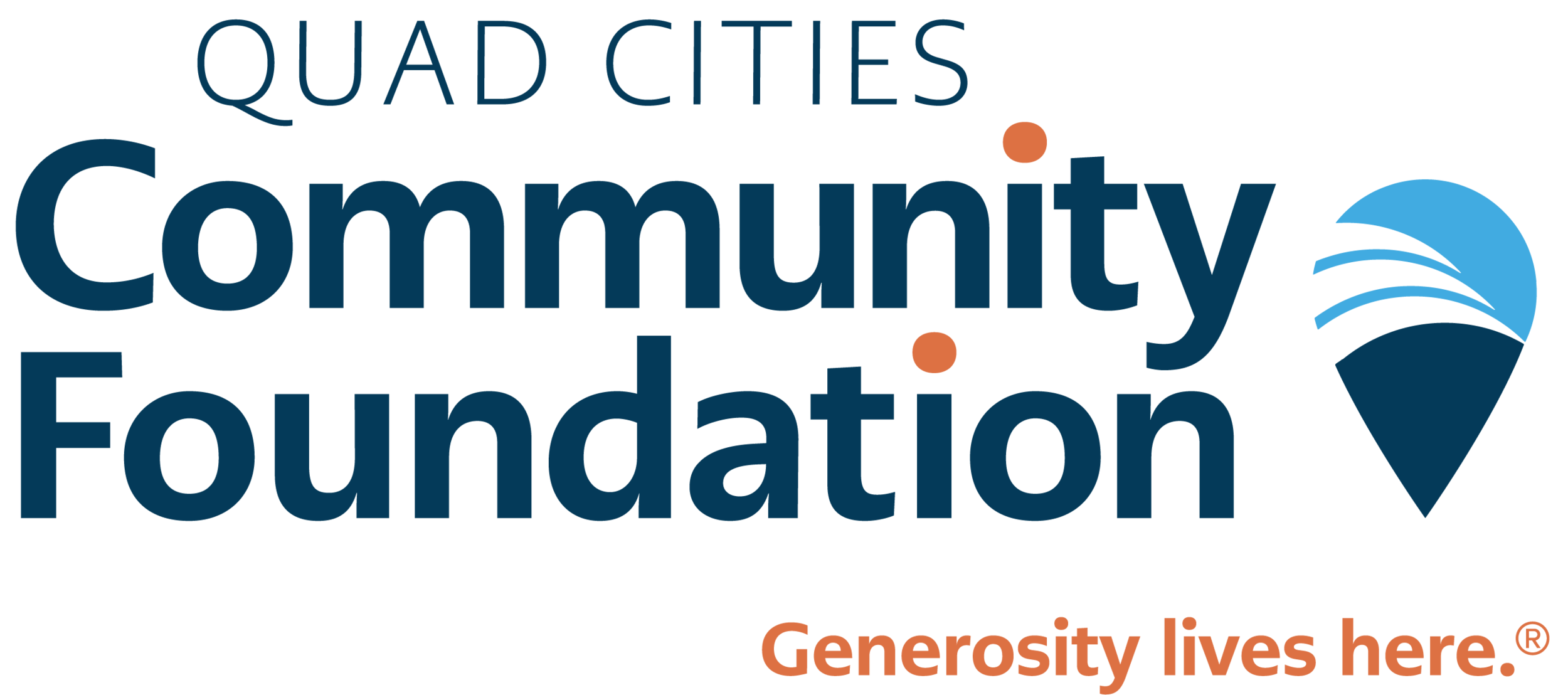Doing something right
Siri Pothula
Siri Pothula was at school when she got the good news. “I saw the email, and my first instinct was to just stare at it,” the Rivermont Collegiate rising senior recalled. “I was like, ‘This is not real. I did not do that.’”
Disbelief gave way to celebration as Siri came to terms with what she had, in fact, done: successfully raise a total of $2,500 for the Quad Cities Community Foundation’s Teens for Tomorrow (T4T) youth philanthropy program. For the first time this past year, the T4T teens learned about fundraising and were trained on how to meet with donors to solicit gifts to grow the program’s annual grantmaking budget of $10,000, which comes from the Herb and Arlene Elliott Endowment. All told, the group recently announced its largest total grant award ever, $15,500 in grants to 10 local nonprofits.
“We saw an opportunity for the program to encompass all aspects of philanthropy, which of course means embracing the importance of making the case for support and raising those dollars,” said Anne Calder, vice president of development. “Developing relationships with donors and learning how to ask for support is a critical piece of nonprofit success.”
Neither Siri nor Jim and Karen Collins, two of the donors who made gifts after meeting with teens, will soon forget the experience. A member of the Community Foundation’s board from 1995 to 2003, Jim still remembers the conversations that led to the establishment of T4T exactly 20 years ago this fall. For him and his wife, the new fundraising component was the next logical step for the already-impactful program. “It’s one thing to research a nonprofit, assess it, and decide that it has potential for positive impact,” he said. “But are you willing to go out and work for it, to help somebody else share your passion and move them to support it?”
The day of her meeting with the Collinses, Siri was filled with anxiety. After being coached by Calder, she knew her case for support inside and out and had learned all about the couple, lifelong Quad Citizens with deep ties to community philanthropy—they have generously gifted scholarships at St. Ambrose University, and Jim retired in 2008 as president of the John Deere Foundation. “But I’m that person, if I want something from you, I’ll start by profusely apologizing,” Siri said. “Sometimes I ramble and talk too fast when I’m nervous. I honestly felt like I was doing a bad job. But they were so generous. I must have done something right!”
Calder was proud of all of the students who participated in the fundraising solicitation process. “They wowed both me and our donors,” she said. “It was a win-win-win and a real joy to witness.”
Jim and Karen Collins
“I have a whole new appreciation for what the Community Foundation does and what nonprofits have to do to gain the resources they need,” said Siri. “It took me a lot of work to get that $2,500, and it’s hard to think about what it takes to get to $10,000 or more. Especially with smaller nonprofits, I now have extraordinary appreciation for their commitment to what they do.”
Whether the teens go on to serve on nonprofits boards, give their time as volunteers, or work as nonprofit professionals, fundraising is a crucial skill for furthering an organization’s mission. “Professional fundraising is an incredibly rewarding and viable career!” said Calder. “There will always be nonprofits that need philanthropic funding, and trained and talented fundraisers are the ones connecting donors with causes that matter to them. It’s a great career choice, so I hope we’re helping build that pipeline of professionals, too.”
Siri, who is interested in becoming a pediatrician, sees even wider applications for the things she learned. “Adding to my skills, I can talk confidently to adults and negotiate using kindness. And this also just helped me open up because I had a positive experience trying something new. That’s something I’ll carry throughout my life.”
And if she had the chance to do it over? “Just try your best, talk slowly, and be yourself,” said Siri. “That’s what I would tell myself.”


